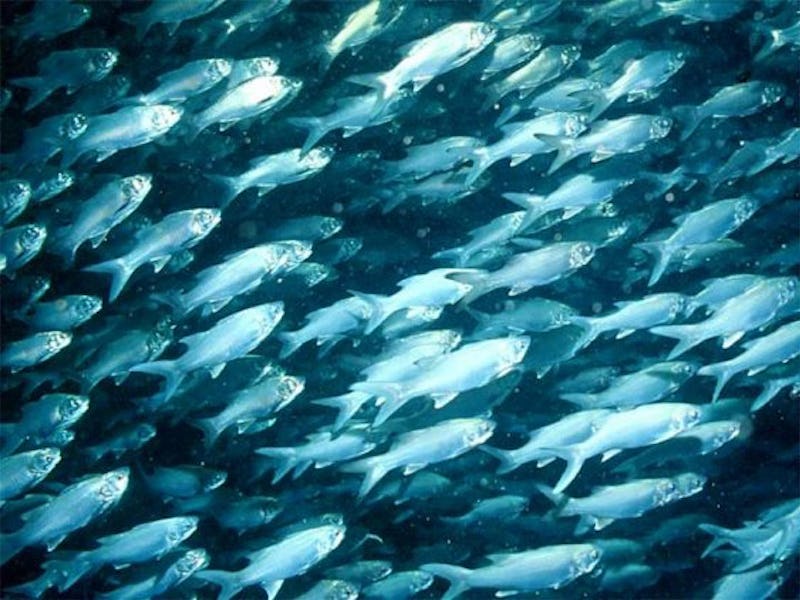Carbon Dioxide "Intoxicates" Ocean Fish
Emissions from fossil fuels could put marine life in a potentially dangerous position.

Carbon dioxide concentrations in the oceans could one day soon become so high that fish could end up “intoxicated” and in great danger, researchers from the University of New South Wales, Sydney report.
In a study published in Nature Thursday, the researchers offer a worldwide study on how rising carbon dioxide emissions from fossil fuels can impact overall concentrations — and their findings led study lead author Dr. Ben McNeil, of the UNSW Climate Change Research Centre to classify the implications as “staggering,” as he is quoted by the UNSW website, where he further explains that “High concentrations of carbon dioxide cause fish to become intoxicated — a phenomenon known as hypercapnia. Essentially, the fish become lost at sea. The carbon dioxide affects their brains and they lose their sense of direction and ability to find their way home. They don’t even know where their predators are.”
Hypercapnia, the UNSW team explains, occurs when atmospheric CO2 concentrations exceed 650 parts per million. According to the UNSW researchers, marine life exposed to CO2 hotspots in the North Atlantic, Pacific, and Southern oceans will be subject to hypercapnia by the middle of this century — and by the year 2100, half of the world’s oceans will be affected as such.
The research was developed by timing the natural monthly highs and lows of CO2 amounts throughout a year. If the amount of carbon dioxide pumped into the oceans increases, the natural swells — the UNSW explain— could increase “tenfold” in some parts of oceans by 2100.